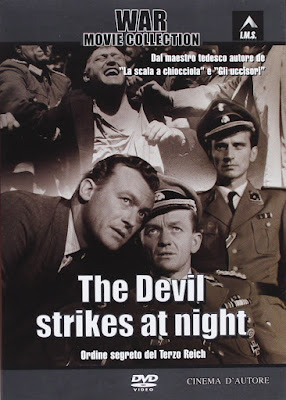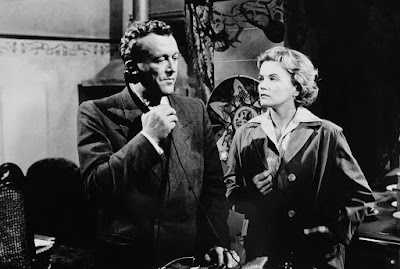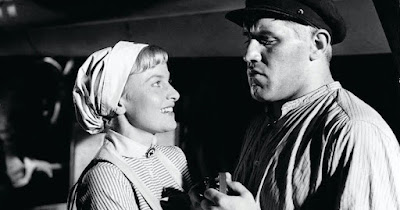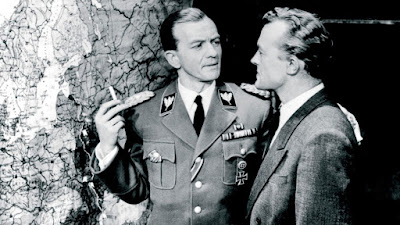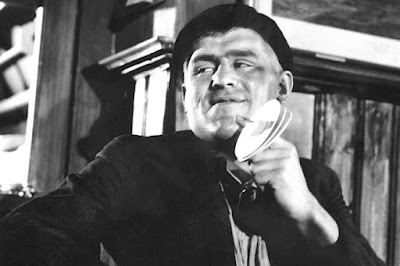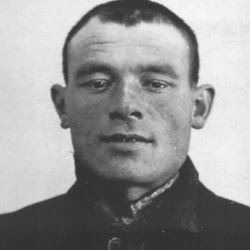The Devil Strikes
at Night
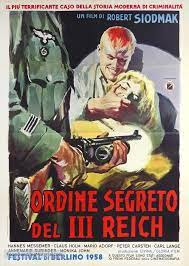
Director:
Robert Siodmak
Year: 1957
Rating: 7.5
Country:
Germany
Aka - Nachts wenn der Teufel kam
In a country of mass murderers, what is one more serial killer? An embarrassment.
At one point in the film the police Inspector says the killer is the worst
beast in the nation. How little does he know this being 1943. Robert Siodmak
directs this German film about a serial killer who murdered from fifty to
eighty people over a twenty-year period - much of it during Hitler's rule.
Siodmak had an interesting career as a filmmaker.
He was a successful director in Germany with the co-operation at times of
Billy Wilder, Edgar G. Ulmer and his brother Curt (who of course went on
to write all those great horror scripts for Universal). But he was Jewish
and with the rise of Hitler and Goebbels attacking him in the press, he wisely
moved to France and continued directing. Then of course he had to leave France
when war came to that country. He was on the last boat out of France headed
to the USA. In Hollywood he made some great films - Phantom Lady, The Killers,
The Spiral Staircase, The Dark Mirror and Criss Cross. Films that had style,
elegance and strong elements of his German expressionistic experience. By
the late 40's though he felt though that his identity with noir was an issue
and he returned to Germany in the 1950s and basically spent the rest of his
career there with a return to Hollywood in 1967 to film Custer of the West.
This film won all sorts of Awards in Germany.
Intriguing to see how a Jewish director forced to flee the country handles
the subject matter of Nazi Germany. Generally with subtlety and only a few
monsters but the terror of living in Germany is always seething beneath the
surface. Not just for the few Jews still left but for everyone. People go
about their business between the Allied bombings on tip-toes. They all know
that the war is not going well but many still believe in Hitler and those
who don't know to keep quiet. Wounded in the war and now part of the Police
Department is Kommissar Kersten (Claud Holm). A decent man as much as any
German could be described from that period who has refused to join the party.
He notices a pattern of killings that are brutal from all over the country
and over many years. He investigates.
On the other side is the killer. This is not a mystery and in fact the film
is not really about the chase as that turns out to be fairly easy. The killer
Bruno Ludke is played by Mario Adorf who was half Italian and half German
and his performance as a childlike cheerful slightly dimwitted killer is
terrific. One of his earliest meaty roles. The film doesn't seem as interested
in these aspects as it makes no attempt to create suspense - it is in the
politics of this that Siodmak digs into that intrigues him.. Once the High
Command - going up to Hitler - realizes a serial killer has been on the loose
for years on their watch, they feel the need to cover it up and that includes
any one connected with it.
There really was a Bruno Ludke who was accused of killing over fifty people
and was executed, but there seems to be some debate on whether he was guilty
of any of these or just assigned all these unsolved killings. There seems
to be little evidence and his confession was coerced - but in the film there
is no doubt left in the mind of viewers that he is a killer. A sympathetic
one - sort of a Lenny type from Of Mice and Men - but still a killer.


